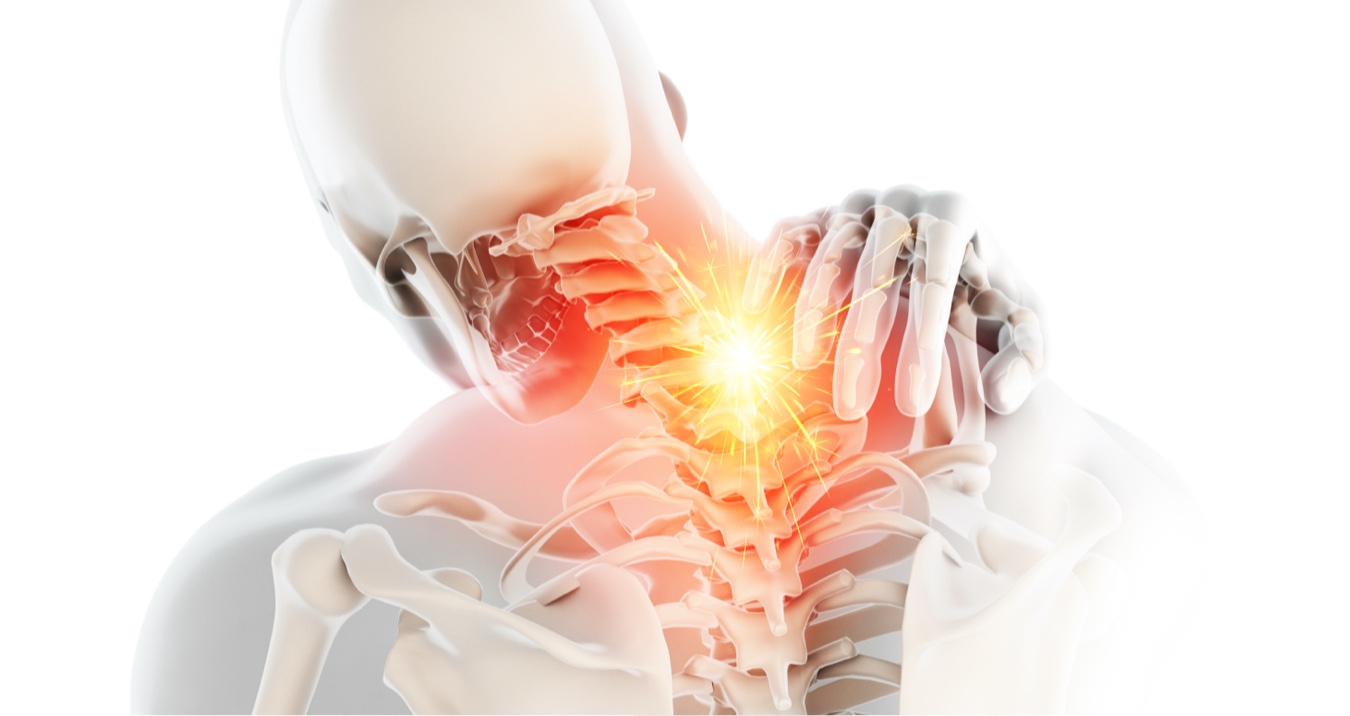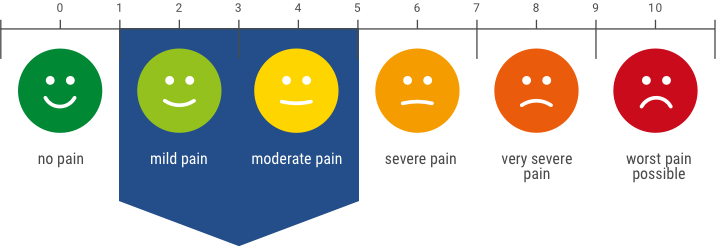WHAT IS PAIN?
WHAT DO WE KNOW ABOUT PAIN?
- Pain is the most common reason for seeking medical care.
- Pain has sensory and emotional components.
- People vary considerably in their tolerance for pain.
One person cannot tolerate the pain of a small cut or bruise, but another person can tolerate pain caused by a major accident or knife wound with little complaint. The ability to withstand pain varies according to mood, personality, and circumstances.
TYPE OF PAIN
Pain may be Acute or Chronic
Acute Pain
Acute pain usually comes on suddenly, because of a disease, injury, or inflammation and does not last long (days, weeks, or sometimes a few months). It can often be diagnosed and treated. It usually goes away, though sometimes it can turn into chronic pain.

Chronic Pain
Chronic pain lasts for a long time (months or years) and can cause severe problems.
Severe acute pain may cause anxiety, a rapid heart rate, an increased breathing rate, elevated blood pressure, sweating, and dilated pupils. Usually, chronic pain does not have these effects, but it may result in other problems, such as depression, disturbed sleep, decreased energy, a poor appetite, weight loss, decreased sex drive, and loss of interest in activities.

Evaluation of pain
To evaluate the severity of pain, doctors use a scale of 0 (none) to 10 (severe) or ask the person to describe the pain as mild, moderate, severe, or excruciating.
For children or for people who have difficulty communicating (for example, because of a stroke), drawings of faces in a series—from smiling to frowning and crying—can be used to determine the severity of pain.


Treatment for Pain
Doctors choose an analgesic based on the type and duration of pain and on the likely benefits and risks.


Analgesics fall into three categories:
- Opioid (narcotic) analgesics
- Non-opioid analgesics
- Adjuvant analgesics (drugs that are usually used to treat other problems such as seizures or depression but that can also relieve pain)